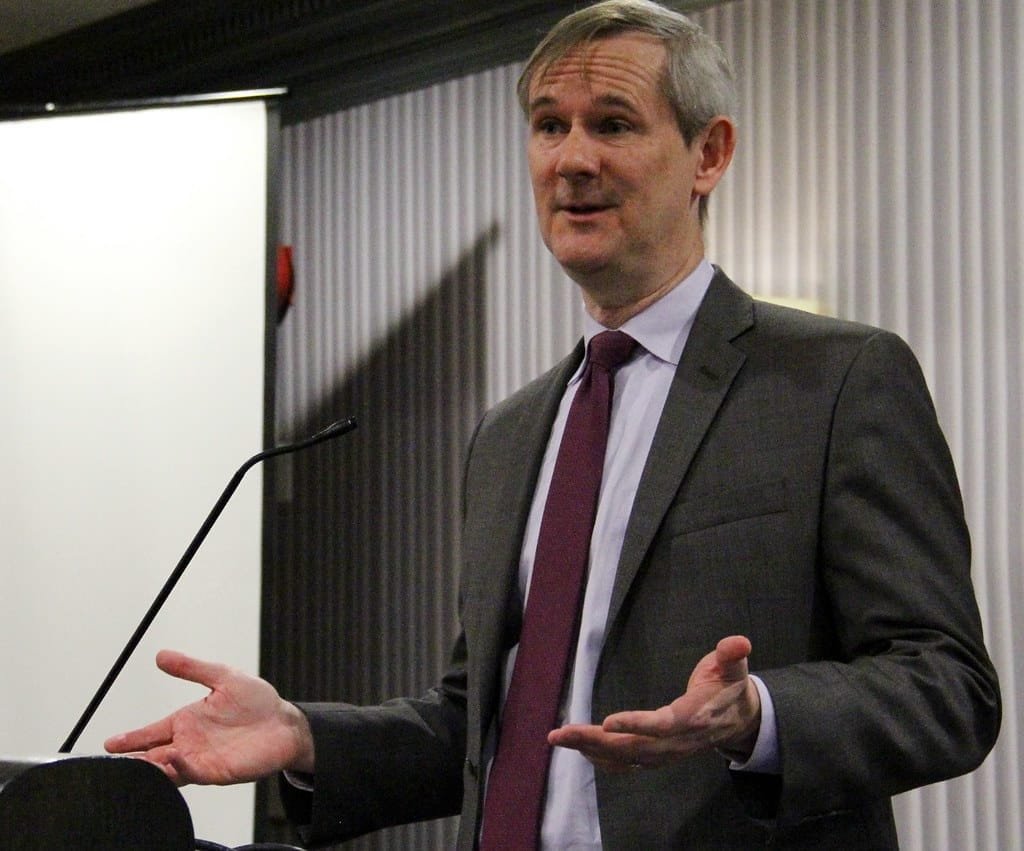WASHINGTON, August 6, 2024 – A coalition of advocacy groups is urging the Federal Communications Commission to reform utility pole replacement policies so that the cost to replace poles is not shouldered entirely by internet service providers who need to attach to them.
Led by the Schools, Health & Libraries Broadband Coalition, the groups argued in a letter to the FCC on July 26 that pole replacement costs should be shared more equitably between pole owners and ISPs which need to attach their facilities to them.
“Right now, too many pole owners unfairly shift the entire cost of utility poles that need to be replaced to attachers, causing deployment prices to balloon,” wrote SHLB’s Executive Director John Windhausen in an expert opinion piece for Broadband Breakfast.
To prevent this, the groups called on the FCC to adopt a similar rulemaking to one implemented in Canada last year, which required pole owners to bear at least 50 percent of the cost of pole replacements, given that they will own and benefit financially from the new pole.
“Typically, a new pole provides a pole owner with a stronger and more resilient pole that will not need to be replaced again for decades, as well as additional capacity for more attachers and the added income that they provide,” the coalition argued.
SHLB said pole attachers need to pay a fair amount, too.
“Pole attachers derive benefits from having access to the pole infrastructure managed by utilities and the ability to build out their broadband network. The burden of replacement costs should not be borne substantially by one party only,” the coalition said.
The coalition expressed concern that unresolved pole replacement and attachment issues could delay the rollout of the $42.5 billion Broadband Equity, Access, and Deployment program, as well as other federal and state broadband expansion initiatives.
In response to concerns about pole disputes delaying broadband deployments, the FCC adopted new rules in July to establish the Rapid Broadband Assessment Team to address pole attachment disputes quickly and provide information to communications providers about the utility poles they plan to use in an effort to speed deployment processes.
The FCC also adopted a rulemaking last December, which sought to make pole attachment processes faster and easier by establishing clearly defined timelines for “large order” pole application approvals for requests for more than 3,000 poles.

